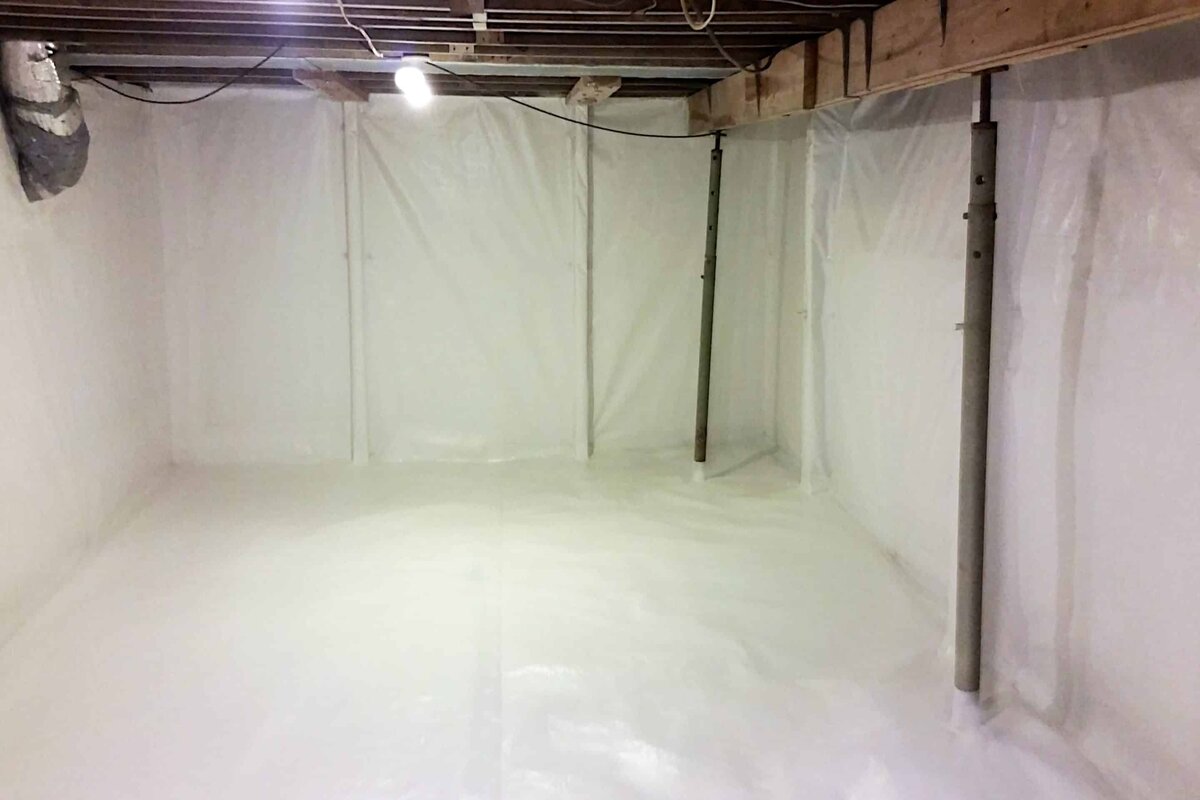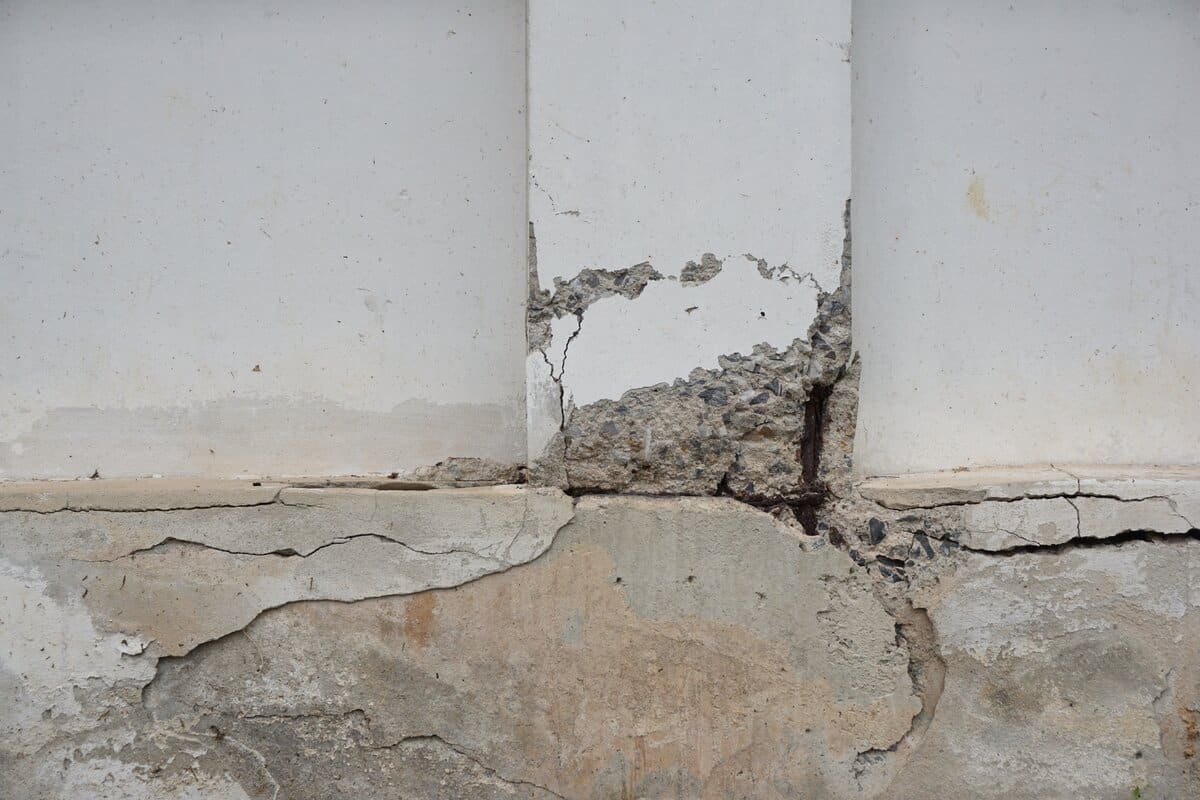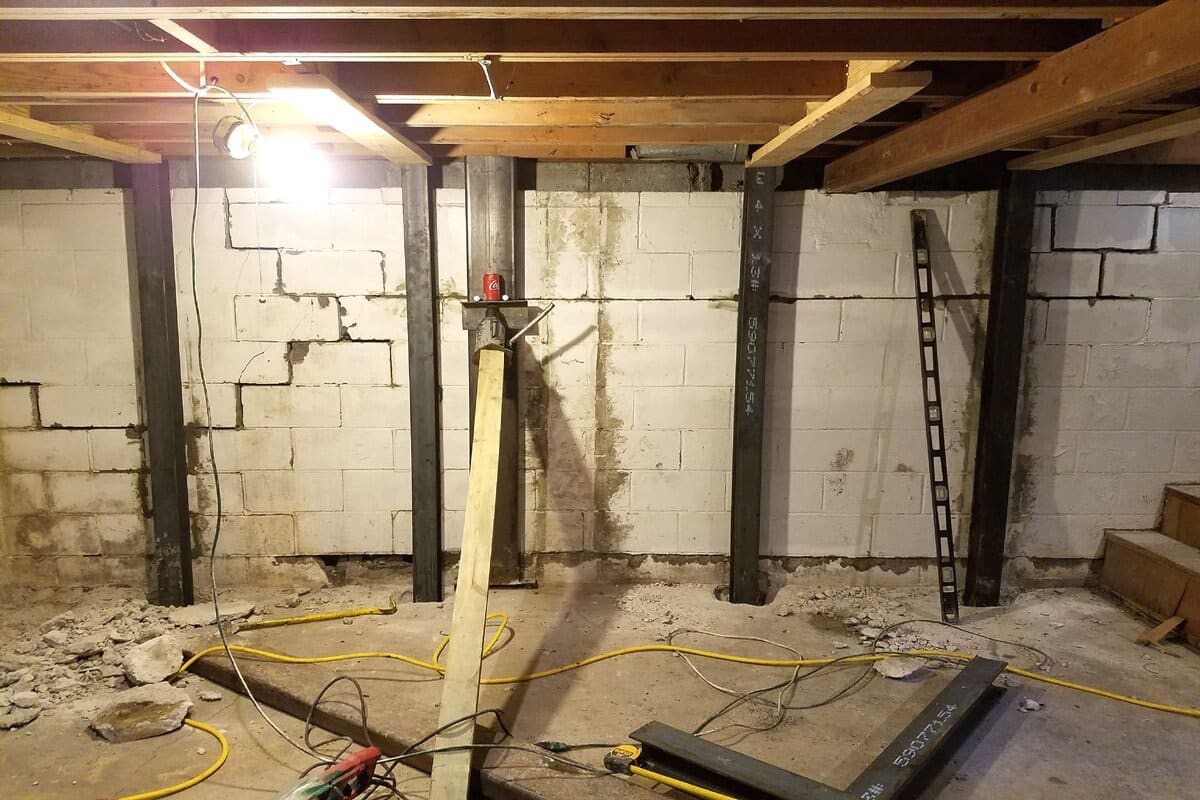DIY concrete leveling often seems like a quick and affordable fix for uneven slabs, but it usually creates more problems than it solves. Without the right tools, materials, and experience, homeowners risk making mistakes that lead to further damage, wasted time, and higher repair costs.
We’ve seen it many times—DIY attempts that fail to level the concrete properly, sealants applied incorrectly, or surface fixes that don’t address the real cause. These situations almost always result in the homeowner having to call a professional anyway, but now the job is more complicated and expensive.
If you’re dealing with sunken or uneven concrete, it’s important to understand why professional help is not just safer, but more cost-effective in the long run. Here’s what you need to know.
The Complexities of Concrete Leveling
Specialized Tools and Equipment
One of the biggest hurdles in DIY concrete leveling is the equipment required. Professional concrete leveling requires specialized tools that are not readily available at your local hardware store. These tools are expensive—often costing thousands of dollars just to rent or purchase.
Instead of spending a significant amount of money on equipment you might only use once, hiring professionals means you get access to the right tools and experienced technicians who know how to use them properly.
The Real Cost of DIY Concrete Leveling
Many homeowners consider DIY concrete leveling because they want to save money. However, what seems like a cost-saving effort at first often turns into an expensive mistake.
- Equipment Costs: Renting or purchasing specialized tools quickly adds up.
- Material Costs: The wrong materials can cause further damage, requiring additional repairs.
- Failed Attempts: When DIY repairs don’t hold up, you’ll have to pay professionals to fix the issue, often at a higher cost due to previous DIY interventions.
- Labor and Time: Without professional experience, the process takes much longer and may not be done correctly.
Common DIY Mistakes and Their Consequences
The Downside of DIY Concrete Leveling
Attempting DIY concrete leveling often leads to more problems than solutions. While the goal may be to fix uneven surfaces, improper techniques can create new issues, including:
- Sealing cracks improperly: Many homeowners apply too much sealant, thinking it will prevent further damage. However, excessive sealant can trap underlying issues, leading to cracks reopening or worsening over time.
- Short-term fixes that don’t last: A surface-level solution might look good initially, but if the underlying issue isn’t addressed, the problem will return.
- Worsening future repairs: If a professional is later called to fix the issue, they often have to undo layers of DIY work before they can make the proper repairs, increasing costs and time spent.
The Impact of DIY on Professional Repairs
We frequently encounter situations where a homeowner has attempted to fix their concrete themselves multiple times before finally calling us. In these cases, the DIY repairs have created additional problems, such as:
- Multiple layers of crack sealant that must be removed before the actual repair can take place.
- Improper leveling techniques that have made the problem worse.
- Structural issues that could have been avoided had a professional been called in the first place.
Had these homeowners reached out to us first, we could have provided a cost-effective, long-term solution. Instead, they ended up paying more because we had to correct the previous mistakes before making the necessary repairs.
The Risks of Improper Leveling
Underlying Issues Left Unresolved
One of the biggest risks of DIY concrete leveling is failing to address the root cause of the problem. If the underlying issue isn’t fixed, the concrete will continue to sink or crack. Some common causes include:
- Poor soil compaction beneath the concrete
- Erosion from water drainage issues
- Tree roots or other obstructions shifting the slab
Without professional knowledge and equipment, homeowners often miss these crucial factors, leading to recurring damage that could have been avoided.
Safety Hazards and Structural Damage
Improperly leveled concrete doesn’t just look bad—it can be dangerous. Uneven slabs create trip hazards, increasing the risk of falls and injuries. Additionally, if the problem is left unaddressed or worsened by a failed DIY attempt, it can cause structural damage to nearby areas, such as:
- Driveways
- Sidewalks
- Patios
- Garage floors
- Basement floors
These areas are all interconnected, and a mistake in one section can create costly problems throughout your property.
Why Professional Concrete Leveling is the Best Option
Expertise and Experience
Professional concrete leveling companies like ours have years of experience handling a wide range of leveling issues. We know how to properly diagnose and address the underlying causes of uneven concrete, ensuring a long-lasting solution.
The Right Tools for the Job
Instead of struggling with makeshift tools or expensive rentals, professionals use state-of-the-art equipment to lift and stabilize concrete efficiently and effectively.
Cost-Effective in the Long Run
While professional services come with an upfront cost, they prevent the need for costly future repairs. Investing in expert solutions means you won’t have to worry about repeating the process down the road.
In Summary
DIY concrete leveling might seem like a good way to save money, but it often leads to more expenses, additional damage, and wasted time. The risks of improper leveling, unresolved underlying issues, and safety hazards make it a project best left to professionals.
At Foundation 1, we specialize in high-quality concrete leveling that ensures long-term stability and safety. Don’t waste money on DIY fixes that will only cause more problems—contact us today for expert concrete leveling solutions that get the job done right the first time.




